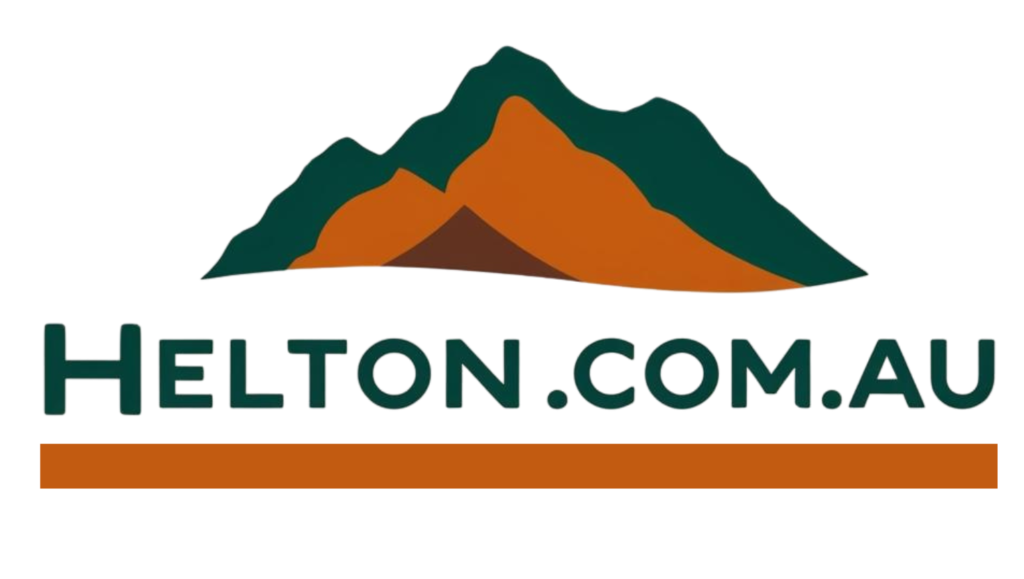Stephen Moriarty, a cattle farmer in the Gold Coast hinterland, ventured into the world of camping by listing his property on Hipcamp for extra income. Setting up campsites along a creek on his 121-hectare property, he charged travelers for a night’s stay. However, this endeavor was not without its challenges as he operated without a permit for over five years.

Like many farmers in the Scenic Rim region, Moriarty faced the dilemma of high costs and stringent regulations imposed by the local council to obtain a permit for his camping sites. Despite the financial benefits, the lack of a permit forced him to shut down his campsite business, impacting his farm’s sustainability.

The Scenic Rim Regional Council, responsible for regulating camping on private land in the area, sent warning letters to landowners, threatening fines for operating without the necessary development permits. While some landowners were granted leniency during the pandemic, the council aimed to enforce planning regulations to ensure compliance.

With the complexities of local planning and development laws, including hefty costs for legal advice and permit applications, property owners like Moriarty and others found themselves in a challenging position. The need for permits and compliance with regulations posed significant financial burdens, potentially outweighing the income generated from camping activities.

Experts emphasized the importance of ensuring that private camping activities did not compromise safety, environmental standards, or community well-being. Landowners hosting campers were likened to operating tourist parks, subject to regulations governing such establishments, irrespective of the scale of their operations.

Emma and Adam Dickson, operators of a licensed caravan park on the Sunshine Coast, shared the struggles faced by farmers in obtaining council permits for camping sites. The couple highlighted the exorbitant costs and time-consuming nature of the permit application process, expressing empathy for farmers trying to earn additional income amidst existing challenges.

Industry professionals cautioned property owners to conduct thorough research and adhere to local laws before hosting campers. Failure to comply not only risked fines but also jeopardized property insurance coverage. The stringent regulations and associated costs underscored the difficulties faced by farmers seeking to diversify their income streams through camping activities.
In conclusion, the clash between farmers seeking additional revenue through camping ventures and regulatory constraints imposed by local councils highlighted the need for a balanced approach. While camping on private land offered economic opportunities, navigating the legal landscape presented formidable challenges for property owners, calling for a reevaluation of permit processes to support rural businesses.
